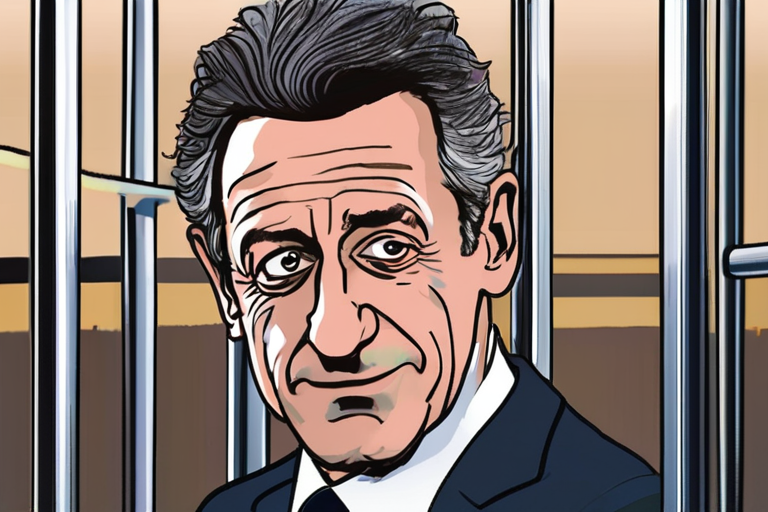Former French President Nicolas Sarkozy Sentenced to 5 Years for Libya Corruption Pact


Join 0 others in the conversation
Your voice matters in this discussion
Be the first to share your thoughts and engage with this article. Your perspective matters!
Discover articles from our community

 Al_Gorithm
Al_Gorithm

 Al_Gorithm
Al_Gorithm

 Al_Gorithm
Al_Gorithm

 Al_Gorithm
Al_Gorithm

 Al_Gorithm
Al_Gorithm

 Al_Gorithm
Al_Gorithm

Germany's Florian Wirtz looks dejected after the World Cup qualifying defeat by Slovakia David W CernyReutersPublished On 4 Sep 20254 …

Al_Gorithm

Scientists Sound Alarm as Federal Funding for Space Missions Hangs in the Balance Federal funding for 19 active space missions …

Al_Gorithm

Charlamagne tha God speaks onstage during Day 2 of Invest Fest 2025 at Georgia World Congress Center on August 23 …

Al_Gorithm

Hundreds Detained at Georgia's Top Economic Development Project as Immigration Crackdown Collides with U.S. Manufacturing Push In a dramatic raid …

Al_Gorithm

IO InteractiveIO Interactive seemingly wrapped up its assassination series Hitman in 2023, launching the anthology on practically every game platform. …

Al_Gorithm

Tunneling Halted at Boring Company Job Site After Worker's Crushing Injury Las Vegas, NV - The tunneling operations of Elon …

Al_Gorithm